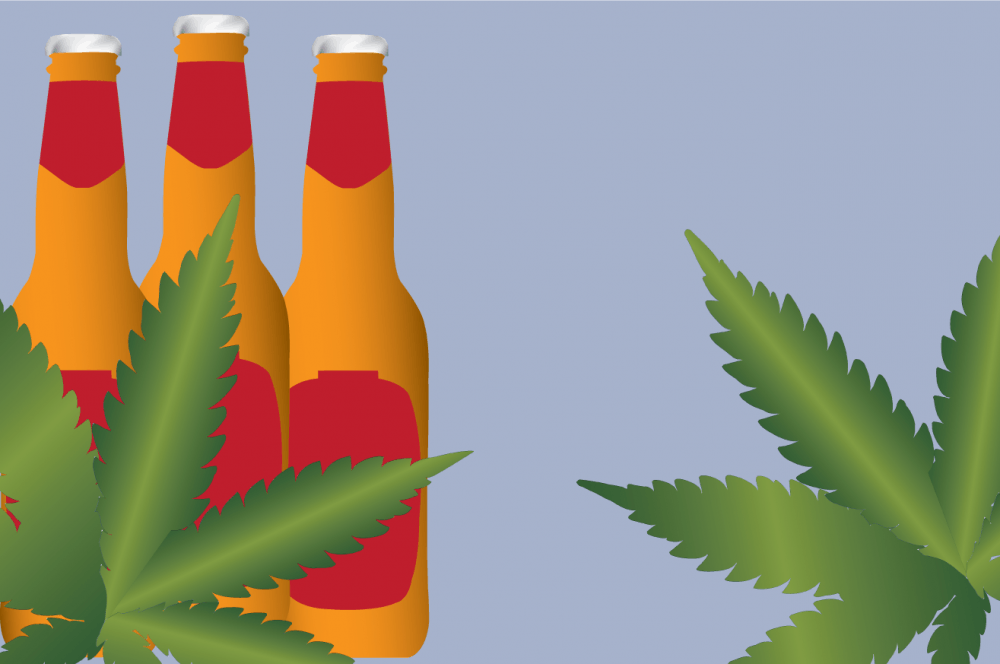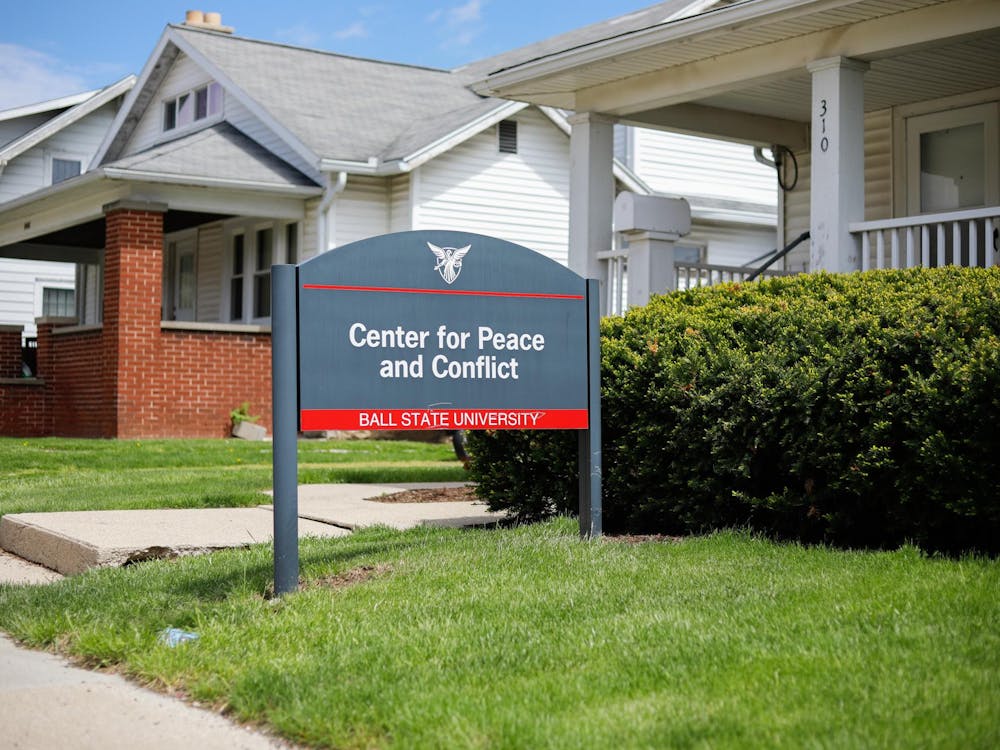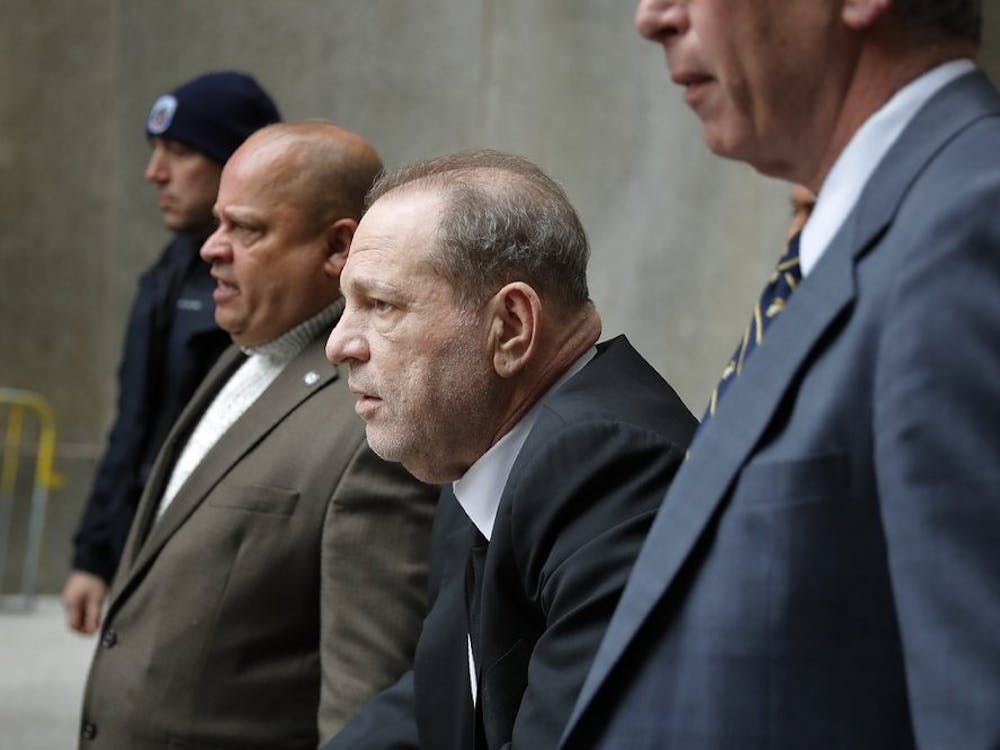Penalties for First Time Offenders
| Alcohol | Marijuana | |
| University | -Meeting with hall director -Complete Alcohol EDU online -May include additional sanctions such as writing a paper, etc. -Rarely results in a legal citation or arrest, as long as student is compliant |
-Violation of the drug policy results in termination of the housing contract. -Legal citation by UPD depends on the amount of marijuana found, not every housing contract termination results in legal citation. |
| Legal System | -Class C Misdemeanor -First time offenders eligible for Pre-Trial Diversion Program with fines, community service and educational program -Maximum punishment by law is $500 fine and 60 days imprisonment |
-Class B Misdemeanor -First time offenders eligible for Pre-Trial Diversion Program with fines, community service and educational program -Maximum punishment by law is $1,000 fine and 180 days imprisonment |
Sources: Housing and Residence Policy, Cathy Bickel, Indiana Criminal Code and Delaware County Prosecutor’s Office
On a college campus, students aren’t just responsible for following the law–they are also responsible for following university policy.
However, two common campus crimes, possession of marijuana and underage consumption of alcohol, are handled significantly different by the university and the legal system.
Housing and Residence Life treats drug violations with more seriousness than alcohol, while at the state level, first time offenses for both crimes are punished similarly.
At Ball State first time alcohol violators usually go through an online educational program, but first time marijuana violations terminate the housing contract.
“It could be a simple drug violation such as one joint,” Assistant Director of Housing and Residence Life Cathy Bickel said. “If we have drugs in our residence halls, we will cancel the housing contract.”
She said she finds it difficult to cancel a student’s housing contract for a first time drug offense, but there is little to no tolerance.
“When a student is caught with marijuana and their housing contract is canceled and it’s October, they’re 18-year-old freshmen, where’s the best place for them to live?” Bickel said. “The best place for them really is the residence hall. But we’ve also said this is our standard so do we not apply the standard to [someone] because you’re a nice kid or you have a good GPA?”
Housing and Residence Life weighs the greater good for the other students on the floor against the one student.
The first objective of the residence halls, Bickel said, is to be the best place for academics.
“When I think about it [in terms of all the other students] I am comfortable with [the policy],” she said. “I don’t know if it’s a deterrent from smoking pot. But what we’re saying is, in this time, in this place, we won’t allow it.”
In contrast, first time alcohol violators talk to their hall director about the incident and are assigned to take part in Alcohol EDU, an alcohol education program.
If the situation was more severe, such as being passed out in vomit in a restroom as opposed to drinking quietly behind closed doors, there could be additional sanctions, Bickel said.
She said it is rare for a housing contract to be cancelled over a first time alcohol violation and still less likely for it to be canceled after repeated violations. It can be canceled after several incidents if they escalate in severity or frequency.
Neither alcohol nor marijuana violations, Bickel said, usually result in a legal citation.
In the case of alcohol violations, she said if UPD is called and the student is compliant, they are rarely cited or taken to jail.
“They have to be pretty non-compliant, they have to be pretty ugly towards our police,” she said. “Not to say it doesn’t happen. If they are really out of control, police will take them to jail or to the hospital. I don’t think any of us want that to happen but student behavior dictates that.”
For marijuana, she said it depends on the amount found whether or not UPD will issue a citation. She said one joint is different in severity from finding heroin, cocaine or stolen prescriptions.
Legal System
If a student is legally cited through their residence hall infraction, or cited by police off-campus, they enter the legal system.
Underage consumption of alcohol and possession of marijuana are both misdemeanor offenses so they carry maximum penalties by law, but first time offenses are dealt with equally through a Pre-Trial Diversion Program.
Underage consumption or possession of alcohol is a Class C misdemeanor, the lowest level of misdemeanor, and possession of marijuana is a Class B misdemeanor.
The maximum penalties for marijuana possession were lessened this past summer when marijuana possession was moved from a Class A misdemeanor to a Class B misdemeanor. It lowered the maximum fine from $5,000 to $1,000 and the maximum imprisonment from one year to 180 days.
Attorney in Ball State Student Legal Services John Connor said while the maximum penalties have been lessened, citations are still prosecuted.
“Since Colorado and Washington have [legalized marijuana] students think it’s no big deal,” he said. “It still is a crime here in Indiana. If you have to divulge that on a job application it may or may not affect your chances of getting a job.”
Underage consumption of alcohol and possession of marijuana are dealt with in the same way for first time offenders--through the deferral program.
The Delaware County Prosecutor’s Office offers the Pre-Trial Diversion Program for first time offenders who have been charged with committing a misdemeanor offense.
Connor said through the program, an offender will not have a conviction on their record.
“When you are asked on that job application, other than a minor traffic offense, ‘Have you ever been convicted of a crime?’ you are going to be able to answer ‘No,’” he said.
Information on the program from the Prosecutor’s Office said the office will not prosecute the offense if the offender completes the requirements. They also must agree to not violate that law for a year while they complete the program.
|
|
|
||
|
|
-Class C Misdemeanor -First time offenders eligible for Pre-Trial Diversion Program with fines, community service and educational program -Maximum punishment by law is $500 fine and 60 days imprisonment |
-Class B Misdemeanor -First time offenders eligible for Pre-Trial Diversion Program with fines, community service and educational program -Maximum punishment by law is $1,000 fine and 180 days imprisonment |
-Violation of the drug policy results in termination of the housing contract. -Legal citation by UPD depends on the amount of marijuana found, not every housing contract termination results in legal citation. |
|
|
-Class C Misdemeanor -First time offenders eligible for Pre-Trial Diversion Program with fines, community service and educational program -Maximum punishment by law is $500 fine and 60 days imprisonment |
-Class B Misdemeanor -First time offenders eligible for Pre-Trial Diversion Program with fines, community service and educational program -Maximum punishment by law is $1,000 fine and 180 days imprisonment |
|
| Sources: Housing and Residence Policy, Cathy Bickel, Indiana Criminal Code and Delaware County Prosecutor’s Office | |||
|
University
Alcohol -Class C Misdemeanor -First time offenders eligible for Pre-Trial Diversion Program with fines, community service and educational program -Maximum punishment by law is $500 fine and 60 days imprisonment -Class B Misdemeanor -First time offenders eligible for Pre-Trial Diversion Program with fines, community service and educational program -Maximum punishment by law is $1,000 fine and 180 days imprisonment Marijuana -Violation of the drug policy results in termination of the housing contract. -Legal citation by UPD depends on the amount of marijuana found, not every housing contract termination results in legal citation. Legal System Alcohol -Class C Misdemeanor -First time offenders eligible for Pre-Trial Diversion Program with fines, community service and educational program -Maximum punishment by law is $500 fine and 60 days imprisonment Marijuana -Class B Misdemeanor -First time offenders eligible for Pre-Trial Diversion Program with fines, community service and educational program -Maximum punishment by law is $1,000 fine and 180 days imprisonment |
|||
| Sources: Housing and Residence Policy, Cathy Bickel, Indiana Criminal Code and Delaware County Prosecutor’s Office | |||





